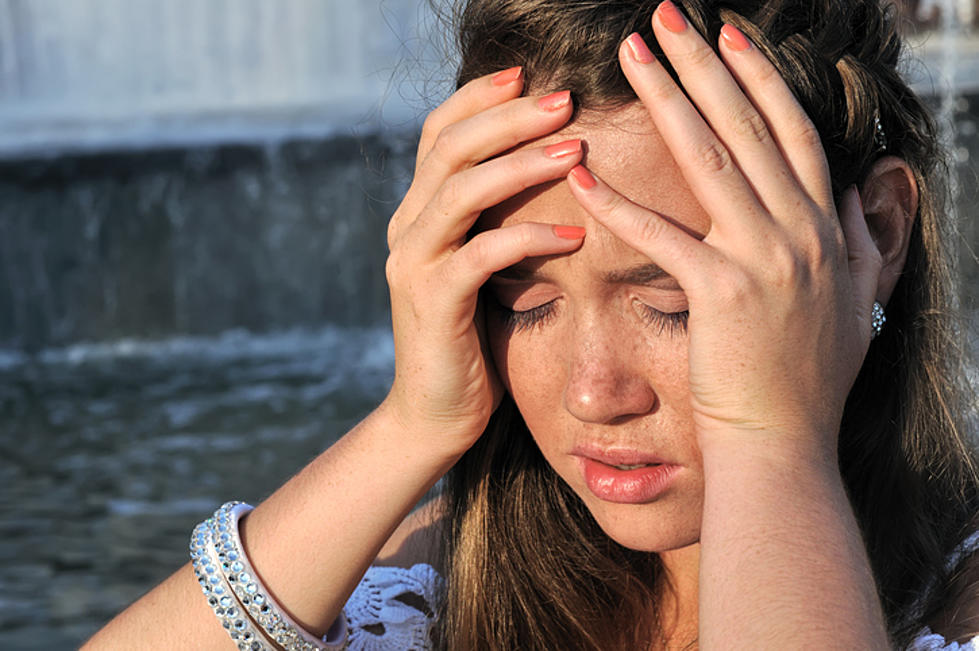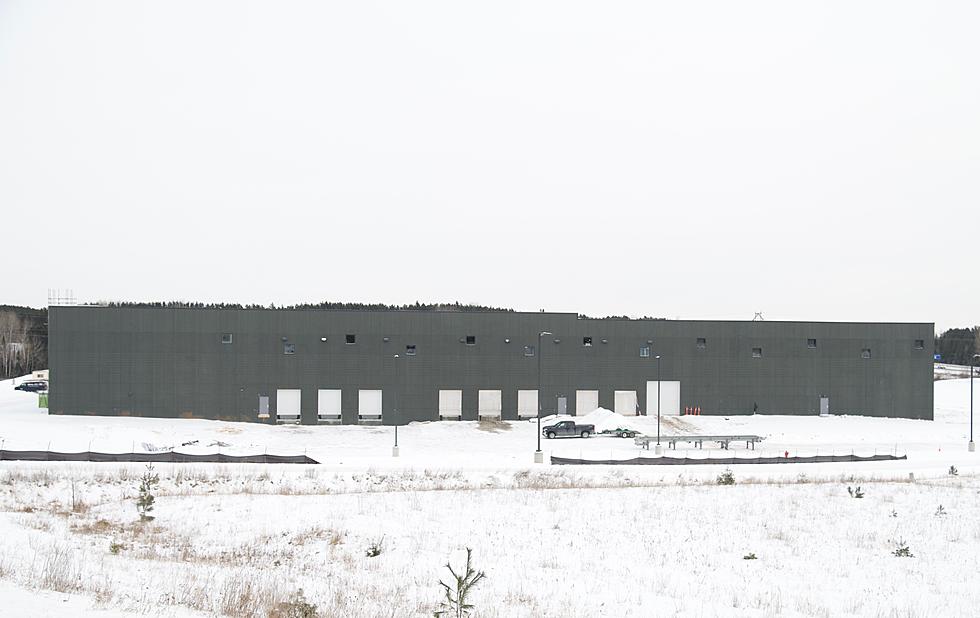
Remember to Take Health Precautions During Northland Heatwave
Heatwaves don't happen too often in the Northland, so when they do Essentia Health reminds everyone that it's important to take precautions to safely face the elements.
This weekend, we are expected to experience our first heatwave of the year, with temperatures forecasted to climb into the 80s and 90s by Friday. This will create conditions ripe for heat-related illness such as heatstroke or heat exhaustion. Essentia Health adds that an early heatwave can catch people off-guard, making them more susceptible to these dangerous conditions.
According to the Centers for Disease Control and Prevention (CDC), the following are signs and symptoms for heatstroke:
- High body temperature (above 103 degrees)
- Red, hot, dry skin (no sweating)
- Rapid, strong pulse
- Throbbing headache, dizziness, upset stomach
- Confusion, passing out

The following are signs and symptoms for heat exhaustion:
- Heavy sweating
- Paleness
- Muscle cramps
- Tiredness, weakness
- Dizziness, headaches
- Upset stomach or vomiting
- Fainting
Essentia Health advises anyone exhibiting these symptoms can be treated as they wait for professional help.
For heat stroke, move the person to a shady area, but do not give him or her fluids. Use a cool — not cold — bath or shower, spray with a garden hose or sponge with cool water. You also can fan the person, with a goal of getting their body temperature below 102 degrees. Treatments for heat exhaustion include cool beverages; resting in an air-conditioned room; a cool bath or shower; and providing lightweight clothing.
Also, a reminder that children or pets should never be left inside a vehicle, even with the windows down or partway down. The temperature in a vehicle with closed windows can increase by as much as 19 degrees in just 10 minutes. Sadly, the the National Highway Traffic Safety Administration reports that 52 children died of vehicular heatstroke in 2019.
As you enjoy the hot weather, be watchful for warning signs and seek immediate medical attention if they should occur with you or anyone you're with. Infants, young children, the elderly and people with chronic medical conditions are especially vulnerable during hot weather.
10 Things Northlanders Look Forward To Every Summer
KEEP READING: Get answers to 51 of the most frequently asked weather questions...
More From MIX 108









